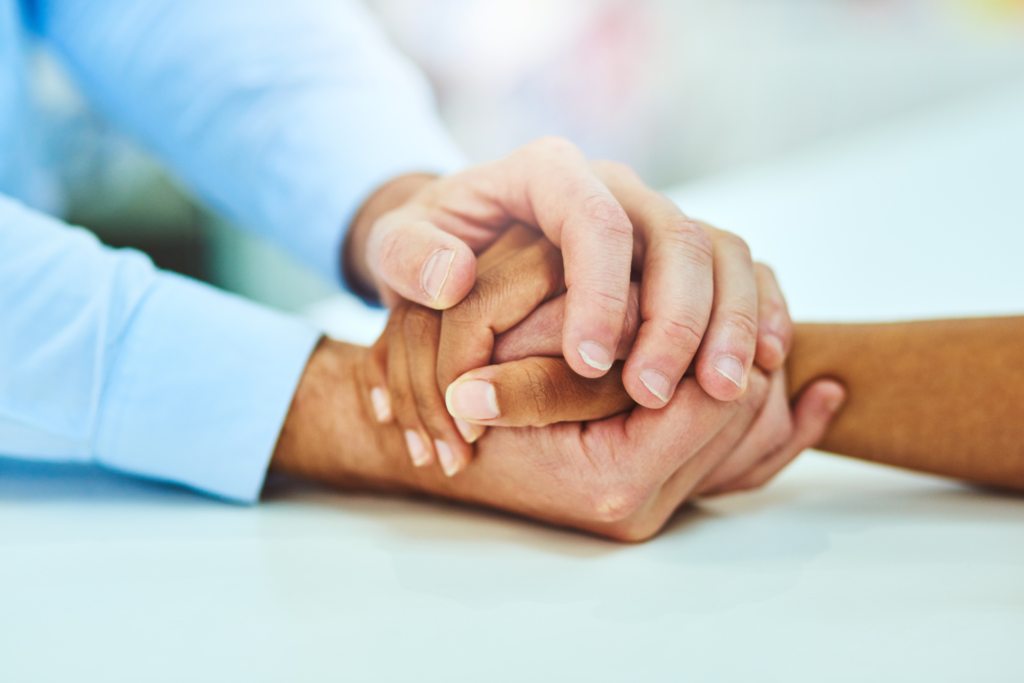Human trafficking, often dubbed “modern-day slavery,” is a pervasive and growing global crisis that transcends borders, economies, and societies. Despite increased awareness and efforts to combat it, this illicit trade continues to thrive, fueled by complex socio-economic factors and evolving criminal networks. This article explores the intricacies of human trafficking, its impact, and the ongoing battle to eradicate it.
The Scope of the Crisis
Human trafficking involves the exploitation of individuals through force, fraud, or coercion for purposes such as forced labor, sexual exploitation, and involuntary servitude. According to the International Labour Organization (ILO), over 40 million people are victims of human trafficking globally, with women and children comprising the majority. The underground nature of trafficking makes it difficult to ascertain precise figures, but it is clear that the problem is widespread and growing.
The Driving Forces
Several factors contribute to the persistence of human trafficking. Poverty, lack of education, and economic inequality are primary drivers, as vulnerable populations are more susceptible to exploitation. Additionally, conflict, political instability, and natural disasters often displace large groups of people, creating a breeding ground for traffickers who prey on desperation.
Another significant factor is the demand for cheap labor and commercial sex. In many industries, the drive to cut costs leads to the exploitation of trafficked individuals who are forced to work under deplorable conditions. The internet and digital platforms have also exacerbated the issue by providing traffickers with new tools to recruit, advertise, and exploit victims.
The Impact on Victims
The impact of human trafficking on victims is profound and long-lasting. Trafficked individuals often suffer from severe physical and psychological trauma. Many are subjected to physical abuse, rape, and other forms of violence. The constant fear, isolation, and dehumanization they experience can lead to mental health issues, including depression, anxiety, and post-traumatic stress disorder (PTSD).

Moreover, the stigma associated with being trafficked can hinder victims’ reintegration into society. They may face legal challenges, difficulties in accessing healthcare and education, and discrimination. The scars of trafficking extend beyond the individual, affecting families and communities as well.
Global Efforts to Combat Trafficking
The fight against human trafficking requires a multi-faceted approach involving governments, international organizations, non-governmental organizations (NGOs), and the private sector. Over the years, significant strides have been made, yet challenges remain.
- Legislation and Law Enforcement: Many countries have enacted laws that criminalize human trafficking and provide protection for victims. However, enforcement remains inconsistent. Corruption, lack of resources, and inadequate training for law enforcement personnel often hinder the effective implementation of these laws. International cooperation is essential to dismantle trafficking networks that operate across borders.
- Awareness and Prevention: Raising awareness is crucial in preventing trafficking. Public education campaigns, particularly in vulnerable communities, can help people recognize the signs of trafficking and understand the risks. Schools, community organizations, and media play a pivotal role in this effort.
- Support for Victims: Providing comprehensive support to survivors is vital for their recovery and reintegration. This includes access to healthcare, legal assistance, counseling, and safe housing. NGOs and community-based organizations are often at the forefront of providing these services, but they require adequate funding and support from governments and the international community.
- Private Sector Involvement: Businesses also have a critical role in combating trafficking. Companies must ensure that their supply chains are free from forced labor and exploitation. This involves conducting thorough audits, adopting ethical labor practices, and collaborating with NGOs and governments to promote transparency and accountability.

The Road Ahead
While progress has been made in the fight against human trafficking, the road ahead is long and challenging. To effectively combat this crisis, there must be a sustained and coordinated global effort. Governments need to strengthen laws and ensure their enforcement, while also addressing the root causes of trafficking, such as poverty and inequality. The private sector must continue to take responsibility for ensuring ethical practices within their supply chains. Meanwhile, NGOs and civil society organizations must be supported in their efforts to provide critical services to victims and advocate for stronger protections.
Human trafficking is a grave violation of human rights that demands our collective attention and action. By working together, we can create a world where every person is free from exploitation and able to live with dignity and security. The fight against human trafficking is not just a moral imperative; it is essential for building a just and equitable society for all.

